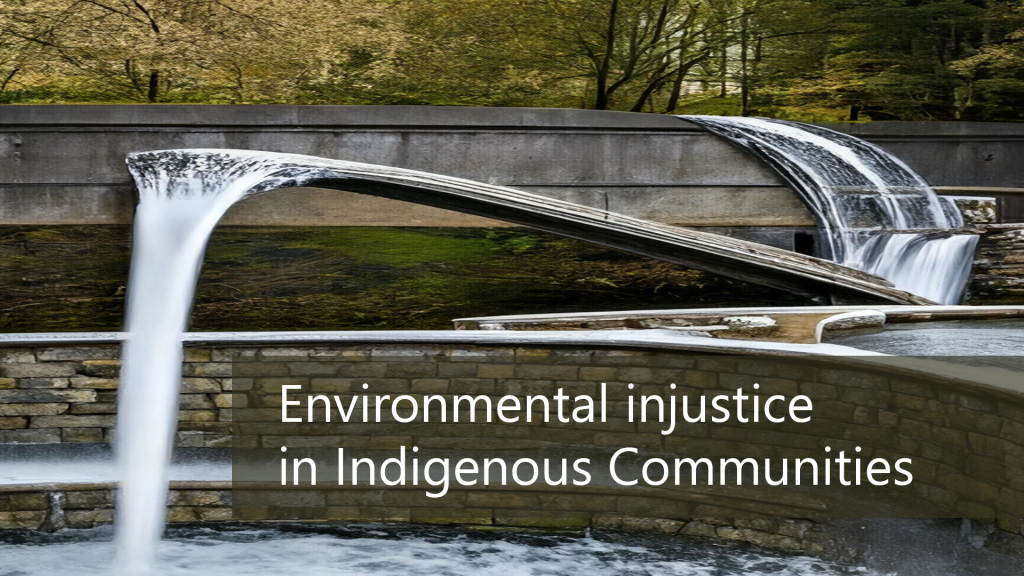
By Sam Padayachee
Canada is recognized for its natural beauty and rich resources, yet it grapples with a hidden crisis: the failure to provide clean drinking water to some rural and Indigenous communities is a stain on the nation’s global standing for human rights and equality.
Ironically, for a country that has the largest number of freshwater lakes in the world, the reality that numerous Indigenous peoples lack access to this basic necessity is beyond unsettling. These communities experience water advisories regularly. These advisories can last for months, even years, becoming fixtures of daily life that highlight the systemic inequalities.
The lack of clean water is not merely an inconvenience but a severe health hazard. It perpetuates socio-economic disparities as it impedes childrens’ ability to learn and adults’ ability to work. Moreover, indifferent access to water reflects a historical pattern of neglect and broken promises, inflicting continual damage on trust between Indigenous communities and the Canadian government.
Some might argue that the geographical challenges of remote areas contribute to the problem. However, while these challenges are undeniable, they should not be challenging for a country with Canada’s wealth and technological resources. The federal government has made commitments, indeed, but the pace of progress is painfully slow, often delayed in bureaucratic red tape and budget constraints that appear lacking when contrasted with the swiftness of response to urban infrastructure needs.
This undermines not only Indigenous rights but casts a long shadow on Canada’s commitment to the United Nations’ Sustainable Development Goals, https://www.undp.org/sustainable-development-goals , especially Goal 6, which ensures availability and sustainable management of water and sanitation for all.
With climate change threatening water supplies through contamination and unpredictable supply, the government’s lackluster response jeopardizes not just current, but future generations of Indigenous peoples. It is a glaring example of environmental injustice where the most vulnerable populations bear the most significant ecological risks without comparable gains or protection.
A multi-faceted approach is essential. Investments need to escalate dramatically in infrastructure. But beyond the tangibles, a paradigm shift in governmental attitudes must occur. This isn’t merely an infrastructure issue; it’s about autonomy, respect, and ultimately, honoring treaty rights. Indigenous communities must be considered partners in developing solutions, ensuring that these solutions are culturally appropriate and economically sustainable.
It’s also crucial that Canada commits to a clear timeline for resolving these water crises. Setting and adhering to strict deadlines would signal the government’s acknowledgment of the urgency of the matter and its dedication to resolving it.
For a country that prides itself on diversity and inclusion, Canada’s shortfall in providing clean water to all its peoples is a contradiction that needs immediate and forceful attention. This is a question of human rights, and the government’s actions henceforth will be a testament to its commitment to upholding these not just in principle but in practice.
Resolving this failure is not charity; it is a long-overdue act of justice. As the world watches, it’s critical for Canada to live up to its image by ensuring that every member of its society enjoys the fundamental right to clean water. I’m concerned that today, with so many issues consuming our nation’s attention, the problem of solving water insecurities for Indigenous Communities will fall even lower on the public agenda. We all need to keep pushing forward on this issue, because solving environmental injustice hasn’t lost its urgency for Canada’s Indigenous Communities.
Sam Padayachee is the UNE Regional Representative for Human Rights, Ontario.